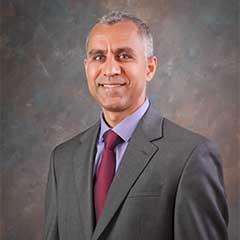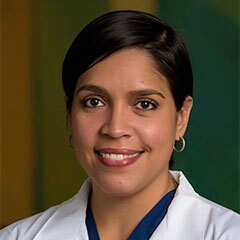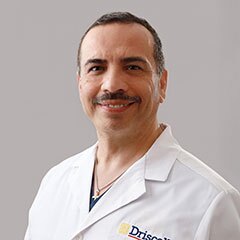Will my child be in pain after surgery?
After surgery, there may be physical causes of pain; however, the sensation of pain also depends on complex mental and emotional factors. Determining the level of pain that your child has can be very challenging. The surgical team may use a scale of 0 to 10 or illustrations of faces to help your child describe pain. The physicians caring for your child can determine the usual discomfort for a certain operation and give the prescribed medication; however, as parents, you know your child best. If your child is unusually agitated or withdrawn, you should let your child's healthcare team know so they can further assess the effectiveness of the prescribed medication.
What pain medications will my child receive?
There are a wide variety of pain medications that your child can receive. Your child's physician will order the specific medication(s) he/she thinks will be most effective. Your child's physician will determine this by the type of surgery your child had, your child's age and development and any previous experience your child has had with surgery and administration of pain medications.
If your child has moderate to severe pain, he/she will most likely receive narcotics during and after surgery. If your child is in the ICU after surgery, he/she may also receive sedatives along with analgesics (pain medications). Sedatives can decrease anxiety, induce sleep and eliminate the memory of unpleasant events. Narcotics are not addictive when used for appropriate pain control.
How will my child receive pain medication?
If your child is receiving non-narcotic analgesics, they are often given in pill form for older children and as a liquid medication for younger children. Sometimes, your child may experience nausea and vomiting after surgery. In this instance, suppositories can be used if needed.
Your child may have an intravenous (IV) line after surgery, especially if he/she is staying in the hospital overnight or being admitted for several days. Many pain medications can be given in the intravenous (IV) fluids that are infusing into your child's vein.
What is an epidural pump?
During certain surgeries, epidural anesthesia is used. This type of anesthesia is given through a small catheter into the "epidural space" surrounding the spinal cord. The catheter can be connected to a pump that will give a constant flow of medication. After surgery, this catheter can be left in for one or two days.
What is a PCA pump?
PCA stands for patient-controlled analgesia. With a PCA pump, your child can receive a continuous dosage of narcotic medication through an IV, an intermittent dosage or both. With intermittent dosages, your child decides when he/she feels bad and pushes a button that administers a dosage of pain medication. For example, your child may come back from surgery with a PCA pump that has been programmed to give pain medication at a continuous dosage every hour. The pump can also be programmed for your child to give additional amounts of medication when he/she needs it, by pushing a button. The dosage is determined by your child's physician, and your child cannot give him/herself too much. The day after surgery, your child's surgeon may discontinue the continuous infusion and then only intermittent dosages will be given when the button is pushed. The pump settings can only be adjusted by your child's healthcare team with a special key. Children as young as four years old have been shown to use PCA pumps effectively.
Will my child receive analgesics (pain medications) at home?
Your child's physician will discuss with you the need for medications at home. If your child will still require narcotics, you will be given these prescriptions before your child is discharged.
Relieving My Child's Discomfort
Parents can comfort their child better than anyone else. The following are some suggestions that might prove helpful in comforting your child:
- All children need to be held, stroked and touched by those who are most important to them. Ask for help from the nursing staff if you would like to hold your child, especially if you are not exactly sure how to go about it because of equipment or bandages.
- Play is a familiar part of your child's day. It can help relieve tension for both of you and can also provide a distraction that helps your child feel better. If your child can be up and out of bed, ask about the playroom in the hospital that he/she can go to. Also, bring story books, coloring books, puzzles, board games and other toys that can be used in bed.
- Ask what entertainment options are available for your child to use in bed or in the playroom, such as movies or video games.
- Music can be very comforting and has been shown to relieve muscle tension.
- Ask to speak with a child life specialist who may be able to offer additional coping strategies for your child.













